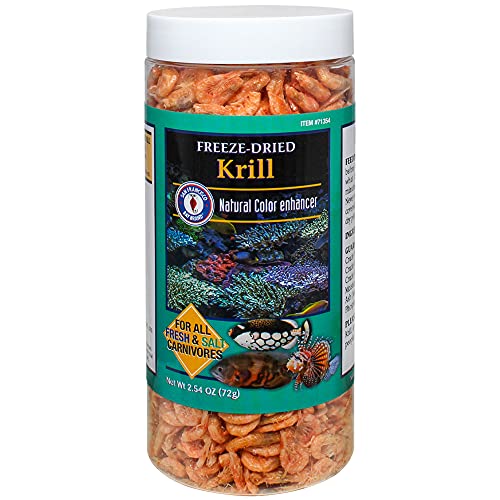Glad you liked it guys

What, you want to add Nitrate and Phosphate. !!!
Why, those levels on Coral reefs are on the level of being well below your test kit reading. PO[SUB]4[/SUB] is ~ 0.005 ppm and NO[SUB]3 [/SUB]is 0.2 ppm. Any of these that get elevated much of these levels can reduce coral growth but in many reef tanks they don't.
Redfield Ratio:
What ! If one took the time to understand that is is a ratio for marine Plankton. The RR differs for different plants, bacteria and animals, be they marine or FW.
Cyano do not need ANY PO4 in the water at all, as the can extract it extrcellularly from organics.
There is no such thing as zero of these in the water. It is your kit that is incapable to detect low levels and the ACCURACY of that kit / meter. Even if levels are undectable means nothing. Many have tanks with undectable levels and have issues with algae and Cyano. Yet, others have levels way above NSW with no sign of algae. In some systems or reefs, plants and animals can extract them as fast as they are being produced and are not limited at all. The real issue is how the tank is run and maintained. Each and/ or ever tank is different. Raising Phosphate and or Nitrate only becomes an issue if your tank is low and you add new corals from a high nutrient system. Corals can have the same issues if they come from a high nutrient system and are put in a low nutrient system. It is a water quality issue that they are not use to and need to be acclimated to it over time.
One needs to get a grasp on their system not somebody else's system and try to solve your own problems with these two parameters, Nitrate and Phosphate. 75 % of the time it is the competition for these nutrients, lack of it, that cause issues. That is why a refugium is usually a good thing, as long as it has proper care.
If one looks at the data sheets on many of the best reef tanks in the world, in Tony Vargas book, '"The Coral Reef Aquaium" you will all be shocked. Most do not even measure PO[SUB]4 [/SUB]and NO[SUB]3[/SUB] ranges from 0-50 ppm. Yet, in all of them, there is very little unwanted algae issues and the coral grow like weeds.


































































